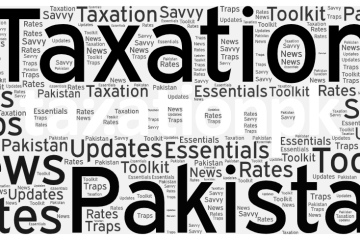KATI welcomes Sindh’s Agricultural Income Tax Bill, calling it a step toward fair taxation, economic stability, and reduced tax burden on industries and salaried individuals.
A Step Toward Tax Equity
The Korangi Association of Trade and Industry (KATI) has lauded the Sindh government’s approval of the Agricultural Income Tax (AIT) Bill, considering it a crucial step toward broadening the province’s tax base and promoting equitable tax distribution.
Alleviating the Tax Burden
KATI President Junaid Naqi described the bill as a long-overdue reform that will alleviate the disproportionate tax burden on industries and salaried individuals. He pointed out that while agriculture contributes 26% to the GDP, it has remained largely outside the tax net, leading to an imbalance in the country’s taxation structure. By bringing agricultural income under taxation, the bill is expected to enhance economic stability and fairness.
Bipartisan Support and Economic Benefits
Naqi commended the Sindh government for garnering bipartisan support for the bill, emphasizing that its implementation will help address the province’s financial constraints and expand the overall tax net. The Sindh Agricultural Income Tax Bill 2025 is projected to improve tax collection, generating additional revenue for crucial sectors such as infrastructure, education, and healthcare.
Imposition of Super Tax
A notable feature of the bill is the imposition of a super tax on agricultural income exceeding Pak Rs. 1.5 billion, with the Sindh Revenue Board (SRB) responsible for its collection. Naqi expressed confidence that this measure will enhance transparency in the taxation system, fostering greater stability and encouraging investment in the province.
Call for Efficient Utilization and Nationwide Adoption
He urged the Sindh government to ensure that tax revenues are efficiently allocated for the benefit of businesses and the public. Additionally, he suggested that other provinces introduce similar policies to create a fairer and more balanced taxation system across the country.






